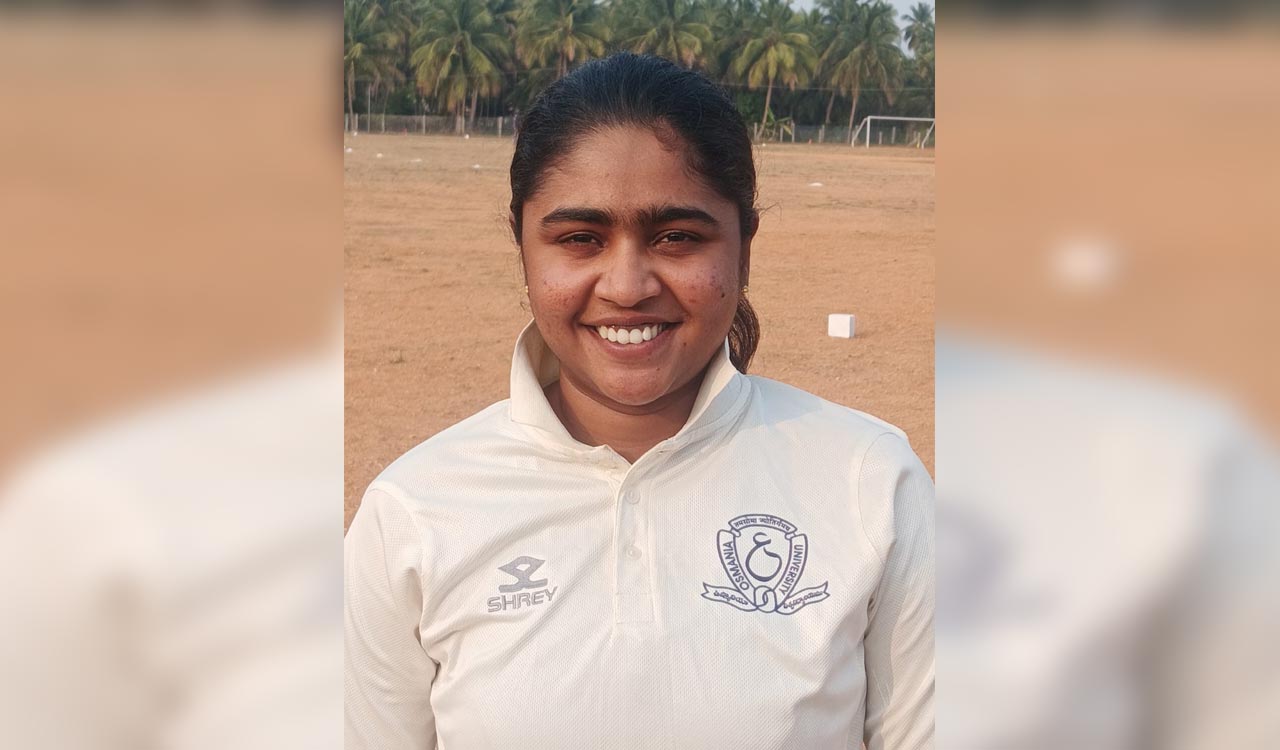Construction of the SCB elevated corridor has gained pace at Paradise Circle, with eight pillars completed. While utility shifting and road widening are done, uncertainty remains over Begumpet Airport land clearance needed for the underpass.
Published Date – 25 January 2026, 03:15 PM
Hyderabad: The works on the Secunderabad Cantonment Board (SCB) elevated corridor have registered progress with pillar construction advancing on the Paradise Circle stretch of National Highway-44 in Hyderabad.
The elevated corridor starts at Balamrai junction near Paradise Circle and ends at Dairy Farm at Suchitra junction. At the starting point, the pillar construction continues at a brisk pace, with eight pillars constructed so far, while earth excavation work for other pillars has started, with the Hyderabad Metropolitan Development Authority (HMDA) having commenced the works.
Before taking up deep earth excavation work for the elevated corridor in October, the HMDA shifted the Cantonment Board’s major water supply network, underground cables and power lines, and chopped off decades-old trees. A compound wall was also built along the Gymkhana Grounds as part of widening the road and for pillar works.
In view of the Paradise Circle corridor works, traffic police diverted traffic coming from Paradise Circle to Tadbund Junction in October and the same continues.
Uncertainty has stalked for the past six months over allotment of Begumpet Airport land to build an underpass as part of the elevated corridor. Paradise Circle was the take-off point for the elevated corridor, and the underpass starts inside the Begumpet Airport runway and reaches the graveyard at Bowenpally.
Sources told ‘Telangana Today’ that the HMDA had already paid land compensation to the Airport Authority of India (AAI) to part of Begumpet Airport’s land for the underpass and was waiting for the clearance.





